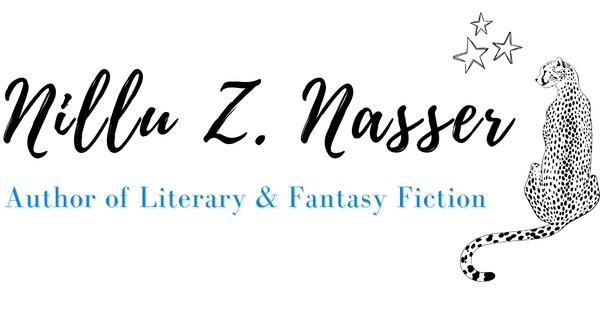 Photo by Alice Popkorn
Photo by Alice Popkorn
Do you remember that classic answer to the interview question: what is your biggest flaw? The answer that still does the rounds and is intended to impress: I’m a perfectionist.
Although, perfection is not a goal I chase nowadays. It has taken years to understand that perfection takes a toll. It breaks backs and spirits. The sheen of perfection is neither real nor a blessing. Perfection doesn’t value flaws. It neglects to honour the importance of doing your best, in spite of the outcome. It values the end finale with the flourish and accolades, rather than the little inspirations along the way, the twists and turns and trips and dips that open our eyes.
Perfection isn’t just about the approach to our work. It’s about how we live our lives. How messy we are willing to be. How human. How vulnerable and soft and open.
I remember the days of stopping by the sixth form toilets to check an oily sheen hadn’t broken through the dusting of baby powder on my face and that my lips were still slick with pink vaseline. I remember looking at the other girls and seeing who they were inside. I was conscious of who looked beautiful even in our ghastly uniform, who smiled with a perfect set of whites and who was confident enough not to tug at the hemline of our netball skirts. I clocked it all: who felt safe to be around, who couldn’t have cared less about other people’s perceptions, who wore their outer selves like battlefield armour or a beautiful shop mannequin.

Photo by Jeffrey
We do it throughout our lives, a pecking order underscored by social structures, even when we try to unlearn it. An ordering and reordering of who is popular, clever, successful, selfish, kind, loved, pretty, ambitious, a wallflower, a flirt, open-hearted, grieving, or down on their luck. It’s an unconscious gathering of information that seeps into our psyche and informs how we act and react to those around us.
The narratives we create about other people aren’t always true, just like their reciprocal stories about us. How can we know the reality of even those closest to us? Our experiences and thought processes are too complex to be able to distill reliably. And oh, the joy when those rare conversations do happen: the bloom of trust, an unpeeling of protective cocoons, conversations that propel friends and lovers to the same plane of consciousness as if by magic. When you can read each other’s thoughts and makes leaps closer to each other’s point of views.
There is beauty in that.
Conversations by candlelight can do that. Conversations in the rain or on long drives. On its best days, social media can even facilitate it between strangers. On its worst days, however, social media chips away at self-confidence. It bolsters narcissists and feeds the green-eyed monster. How grateful I am not to have grown up in a world of selfies and filters, dropped hips and pouty lips.
And yet.
I look with curiosity at the women and girls who know how to pose and how to do a smoky eye and a flawless base. I, too, delete pictures on my phone that aren’t flattering and then experience momentary regret for the curated photo gallery that doesn’t reflect the messy beauty of life, the sleep deprived nights raising our babies, the peaks and troughs of human emotions, the days which you crawl through on your knees as well as the ones on which you soar.

Photo by Alice Popkorn
On the days when I am not whole enough to withstand the siren call of perfection, I won’t fall into the trap door of self-loathing, and neither should you. I’ll hold my head high and pledge to write words even when they seem to me to be the staccato stuttering of a broken engine. I’ll be grateful for those who love me despite my many flaws. Grateful for eulogies–when the time comes–that don’t whitewash who I was, that can draw on the full colour palette that makes up my personality, from the deepest black to the vibrant yellows and the blues in between.
Our stories are never finished and never perfect.
Thank goodness for that.
